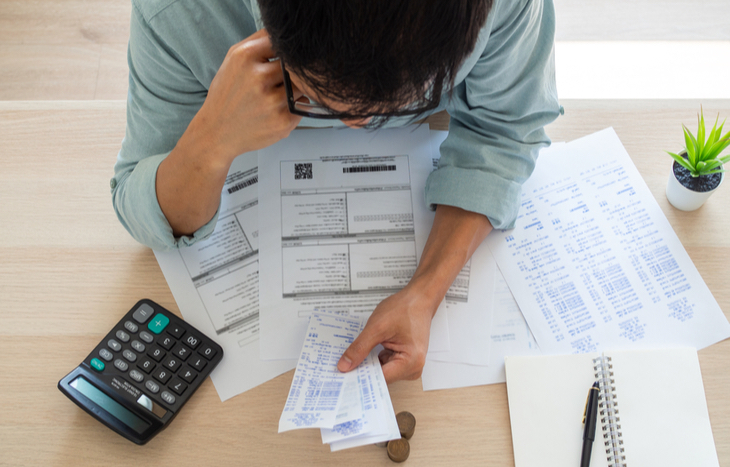Pay Off Mortgage or Invest: Which is Best?
If you’re reading this article, you are probably facing a tough decision, pay off your mortgage or invest. These are both huge financial goals, both with high priority. You probably have an excellent financial mindset if you have extra income and want to hasten these goals rather than splurge.
Putting extra money toward these goals can limit your risk. For instance, having extra money for retirement can give you options. If you retire with an extra cushion and things go wrong during retirement, you might still be alright.
Typically, your mortgage payment is your biggest expense. If you’re able to pay off your mortgage, it would be much easier for you to survive a job loss or other loss of income. In addition, paying off your mortgage before retirement will reduce your retirement income needs, and your money will last longer.
Focusing your extra income on either goal has its advantages. In addition, everyone has their unique financial situation, which will play a role in your decision. These things include retirement savings, how long you’ve had your mortgage and how long you have until retirement.
So, where do we go from here? Is it better to pay off your mortgage or invest?

A Case for Investing
The biggest advantage of investing is compounding returns. Compounding returns is the rate at which your investment returns accumulate over the years. Every year that your investment account rises, more money is available to create returns for the following year.
Over an extended time, compounding returns can dramatically affect your investment accounts. In fact, Albert Einstein referred to compound interest as the eighth wonder of the world.
Let’s look at an example. Say you have $100,000 in an account that earns 7% every year. After the first year, you’ll have $107,000 ($100,000 to start and $7,000 in returns). So, the following year you’ll start with $107,000. At the end of the second year, you’ll have $114,490 ($107,000 to start and $7,490 in returns).
Because your account started with more money in the second year, the same rate of return made you $490 more in the second year. This amount might not seem like much, but it makes a big difference in the long run. For instance, after 30 years, your account will have $761,226. During the 31st year, your account will earn $53,286 ($761,226 x 7%).
The example shows that time is a big factor in compounding returns. In other words, the younger you are, the more you may want to invest compared to paying off your mortgage.
It’s important to understand that you’re not just investing until the day you retire. You may be investing for the rest of your life.
The Case for Paying Off Your Mortgage
Though making extra mortgage payments share characteristics of compounding returns, it’s not quite the same. Since you will eventually pay off your mortgage, the time you have to take advantage of early mortgage payments is limited to the loan term.
Though limited by the 30-year life of the loan, time also plays a big role in the total amount of interest that you’ll pay. For example, say you have a $100,000 30-year fixed-rate mortgage with a 5% interest rate. Over the 30-year life of the mortgage, you’ll pay $93,255 in interest to the bank.
The interest that you pay on future mortgage payments is based on the balance at the time of payment. So, if you paid an extra $100 per month on your mortgage from the very beginning, you’ll only pay $62,676 in interest. On top of that, you’ll pay your mortgage off 104 months sooner.
On the other hand, say you’ve already been paying the mortgage for 20 years and have ten years left. At that point, your mortgage balance will be down to about $9,510. If you start paying an extra $100 per month, you’ll only save about $1,500 in interest.
Like compounded investment returns, the earlier you make extra payments, the better off you’ll be.
Pay Off Mortgage or Invest: Special Considerations
Some folks may be somewhere in the middle. Though investing your extra money is usually the better solution, you may already have enough saved for retirement. If that is the case, putting your extra money towards your mortgage may make sense.
For instance, if you’re comfortable with your retirement savings, you may be able to pay your mortgage off completely before retirement. By doing this, you can eliminate one of your biggest monthly expenses. Therefore, your retirement income will go further.
If you’re not sure where you’re at on retirement savings, contacting your financial planner might be a good idea. An advisor can put together a retirement plan for you.
Mortgage rates have been very low over the last several years. If you didn’t refinance and you’re stuck with a high mortgage interest rate, paying off your mortgage may also make sense.





